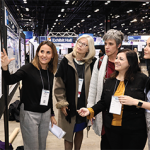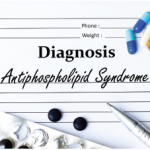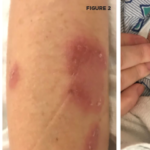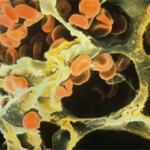CHICAGO—Findings on opioid efficacy, serum urate in osteoarthritis and arthrocentesis headlined the top research of the year discussed in the first half of a session at the 2018 ACR/ARHP Annual Meeting. The second half covered basic science findings, including summaries of new insights into the gender bias in autoimmune diseases, platelet microparticles in scleroderma and…






